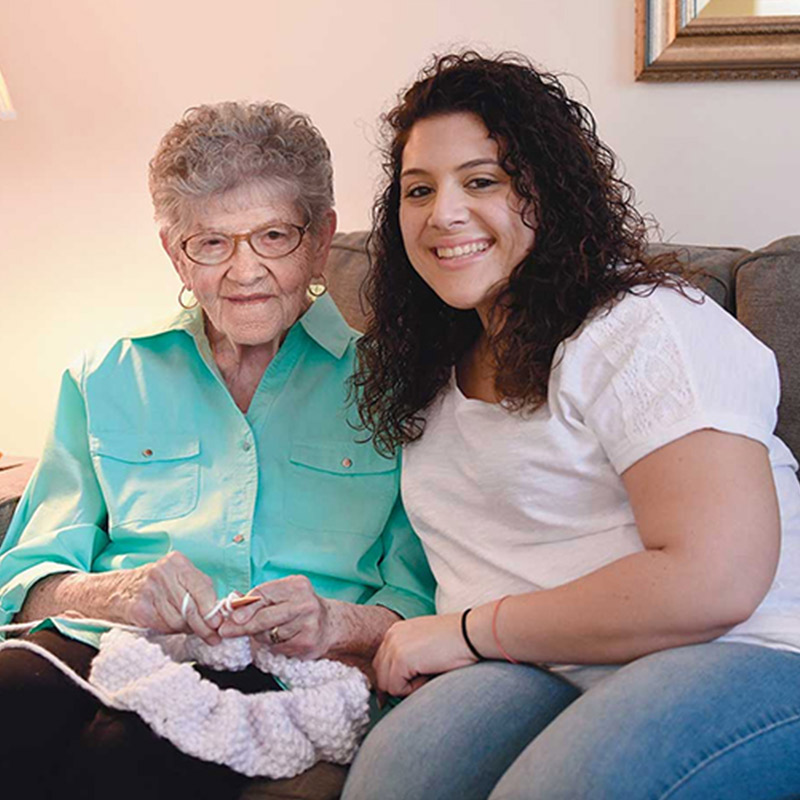Is Skin Cancer Itchy?

October 02, 2024
Almost everyone gets itchy spots from time to time, maybe from mosquito bites, allergic reactions or eczema, an inflammatory condition that causes itching, dry skin and scaly patches. But if a new itchy spot looks “different,” you might wonder if it’s skin cancer.
Itchy Skin Cancer
Every day in the United States, more than 9,500 people receive a skin cancer diagnosis, and more than two people die of it every hour. Of the most common types of skin cancer, they all have the potential to be itchy, says radiation oncologist Joseph Paul Lattanzi, M.D., affiliated with Southern Ocean Medical Center.
An early 2014 study inJAMA Dermatology found that itching was most prevalent in squamous cell carcinoma, at 47%, followed by basal cell carcinoma, at 32% and melanoma, at 15%.
Types of Itchy Skin Cancer
- Basal cell carcinoma: This is the most common type, with approximately 3.6 million cases diagnosed annually, according to The Skin Cancer Foundation. They appear with “variations,” says Dr. Lattanzi, and can resemble sores, patches or bumps that may itch or bleed and just won’t heal. They may even “wax and wane,” almost disappearing and then returning.
- Squamous cell carcinoma: The second most common form of skin cancer, these may look like basal cell cancers.
“Basal cell and squamous cell are often ‘itchy’ and painful on presentation, but the presence or absence of that symptom doesn’t rule in or rule out the need for a biopsy,” Dr. Lattanzi says. A biopsy involves taking a small tissue sample from the abnormal area to view under a microscope and is the only way to confirm skin cancer. It is important to diagnose and treat both forms as soon as possible.
- Melanoma: This type may appear in moles, but up to 80% may form on normal-looking skin. Unlike basal and squamous cell cancers, melanoma can metastasize or spread to other organs. The Skin Cancer Foundation predicts more than 8,300 fatalities in 2024 from melanoma, out of more than 200,000 cases. Because of this, Dr. Lattanzi says this type must be promptly removed.
Preventing Skin Cancer
Skin cancers are caused by exposure to harmful ultraviolet rays. The easiest way to prevent skin cancer is to protect your skin from the sun with clothing, hats and sunscreen.
“Five sunburns double the risk for melanoma,” Dr. Lattanzi says. “Tanning beds and sunlamps, which also deliver UV rays, are also risky, but outdoor sun is the main cause of skin cancer.”
If you see a perplexing “spot” on your skin that‘s new or just looks odd to you, see a dermatologist to determine what it is, says Dr. Lattanzi. Your doctor will consider itching as part of the whole picture of your troublesome spot.
Next Steps & Resources:
- Meet our source: Joseph Paul Lattanzi, M.D.
- To make an appointment with an oncologist near you, call 800-822-8905 or visit our website.
- Learn more about radiation oncology at Hackensack Meridian Health.
The material provided through HealthU is intended to be used as general information only and should not replace the advice of your physician. Always consult your physician for individual care.






